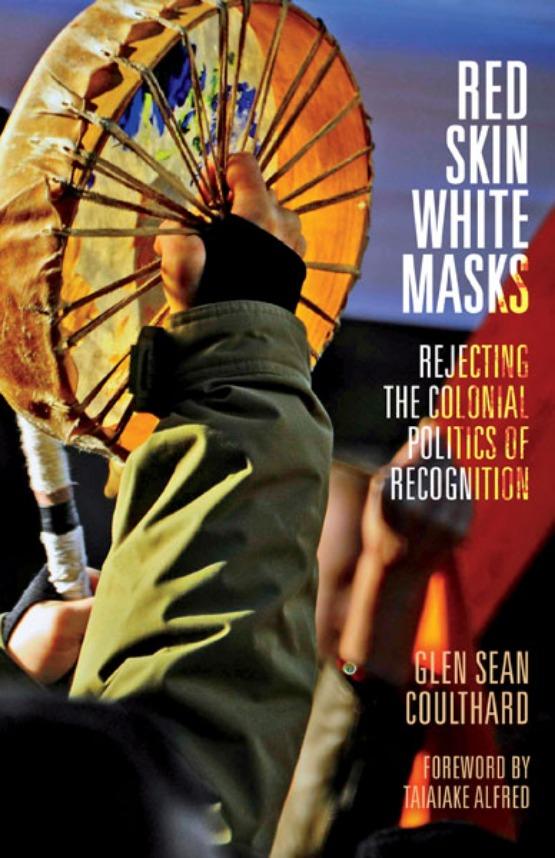Feb. 1, 2021
What We Are Learning This Week with Dr. Melanee Thomas

Feb. 1, 2021 in POLI 623 Canadian Political Process
Dr. Melanee Thomas is exploring colonialism, anti-colonialism, and violence in Canada
Can you tell us a little more about this topic?
This is a new week for me in POLI 623. The inspiration came from a Recall: How to Start a Revolution, a podcast from the CBC about the FLQ in the 1960s. During the first episode, a woman who was a victim of a bombing—while pregnant—clearly has no, or at least very little, anger for the bombers.
Contrast this response to the blistering anger directed at Indigenous peoples for just stopping freight rail traffic for a few days in February 2020.
The goal in this week’s seminar is to address who “gets” to be “legitimately” angry in Canadian politics, who “gets” to make an anti-colonial claim, and why. We’re listening to the full Recall podcast, two documentaries on the Oka Crisis, a podcast on the rail blockades, and sandwiching all of that are two readings, one by Christoper Lee on anti-colonialism, and the other by Glen Coulthard on “Seeing Red: Reconciliation and Resentment.”

What else do you cover in your course?
POLI 623 is our capstone graduate course on the Canadian political process. The first third of the course deals with origin myths in Canadian politics, about Quebec, Indigenous peoples, and the anti-colonial content from this week. The next block of classes addresses race, immigration and multiculturalism, gender, and regionalism, and political culture. The final block looks at civil society and social movements, political parties and candidates, and elections and electoral coalitions. In between each block, students write reflection papers based on the course content. These are designed to mimic comprehensive exam questions and answers—but for our MA students who may not be interested in doctoral study, I pitch the papers as building key skills in writing strong literature reviews.
What do you find most challenging in teaching this course?
Canada itself is the most challenging part of the course. If we take this content seriously, it raises thorny questions that many struggle with, including what we’re fighting for if we staunchly defend the Canadian status quo. As a settler and the daughter of an immigrant, I can understand how being open-minded to reflecting on the problematic parts of Canada runs against the grain. But, while questions about concepts like federalism are foundational and still important, I genuinely think that the most important existential questions in Canadian politics are best understood through an equity lens.

Finally, what other courses would you recommend for students interested this topic?
Students particularly interested in this week’s topic of colonialism, anti-colonialism, and violence in the Canadian and wider context should look at POLI 624 Indigenous Politics, (often taught by Dr. Gina Starblanket), POLI 345 Indigenous Government (often taught by Dr. Daniel Voth), POLI 453 Women and Politics (taught this term by Dr. Susan Franceschet), and, of course, POLI 623’s companion seminar, POLI 621 Canadian Political Institutions.
Our Thanks to Dr. Melanee Thomas for sharing your course with us.
Follow Dr. Thomas on Twitter at @MelaneeLThomas
